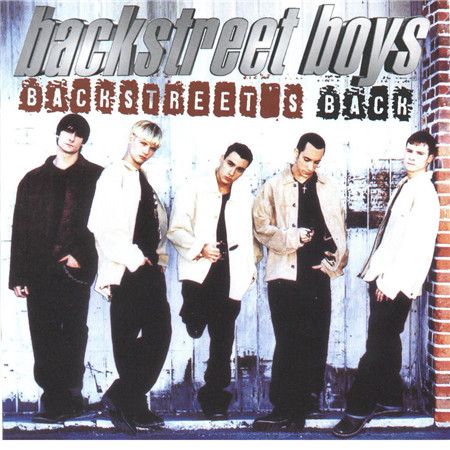Products of the internet factory
By Chen Nan ( China Daily ) Updated: 2017-03-04 07:18:49
 |
|
Backstreet Boys. [Photo provided to China Daily] |
Producers find that it pays to emulate
In the late 1980s and early 1990s one of the most popular boy groups in China was Xiao Hu Dui, or Little Tigers, a trio from Taiwan. The group, founded in 1988, comprised of Alec Su, Nicky Wu and Julian Chen. It disbanded in 1995 after having released 12 studio albums and starring in movies, winning acclaim with their squeaky clean dance moves and catchy pop songs.
However, over the ensuing 18 years, success was elusive for made-in-China boy bands, most fading into pop-world oblivion after a hit or two. Instead it was groups such as Backstreet Boys, Big Bang and SMAP from Japan, South Korea and Western countries that dominated the Chinese market.
But in 2013 along came TFBoys. What seemed to give the group, consisting of Wang Junkai and Wang Yuan, both from Chongqing, and Yiyang Qianxi from Huaihua, Hunan province, instant appeal was their fresh, handsome school-boy image.
The group went on to become one of the most successful Chinese pop groups in the country, evidenced by that contemporary Chinese barometer of success Sina Weibo, the Twitter like service, on which the group has 20 million followers.
In January they were the opening performers in the most watched TV program in China, celebrating Chinese New Year, the CCTV Spring Festival Gala, said to have had more than 1 billion viewers. The three members have also launched solo careers, including Wang Junkai starring in the film epic The Great Wall alongside Matt Damon and Andy Lau. Wang Yuan was a delegate for China at the sixth United Nations Economic and Social Council youth forum and gave a speech in English calling for equal access to quality education worldwide.
It is with that kind of success in mind that Chinese entertainment companies have been toiling away looking for the right act that can emulate TFBoys and thus deliver huge commercial success. One such is Yue Hua Entertainment, whose choice of name for its latest musical creation, YHBOYS, may be a mark of respect for TFBoys or reflect a hope to ride on the group's coattails.
Indeed, in creating boy bands and girl bands in China, emulation seems to be the name of the game, Chinese companies closely following the lead of top record label and talent agencies in Japan.
So following the success of the Japanese girl group AKB48 - the letters are an abbreviation for Akihabara, a district in Tokyo that is the girls' stamping ground, and 48 is how many members the group originally had - a Chinese girl group sprang up in 2013 in Shanghai bearing the name SNH48. The Chinese group is modeled closely on the Tokyo group, and its 48 members are aged about 20.
China Music Business News, an online news platform for China's music industry, says that about 20 pop boy groups will be introduced to audiences in China this year.
In December Huang Rui, the former manager of TFBoys, launched a project called Original Plan, in which Chinese pop idols aged from 10 to 18 years old are recruited through both open auditions and a network of scouts.
Before being exposed to the world, millions of potential fans will be drip fed images of the performers in the form of cartoons, one way of keeping them hooked and connected to the project, Huang says.
"We need to come up with original ideas. You can't just simply go and try to produce duplicates of others' success stories."
chennan@chinadaily.com.cn
|
|
|
|
|
|
|
|

























 Raymond Zhou:
Raymond Zhou: Pauline D Loh:
Pauline D Loh: Hot Pot
Hot Pot Eco China
Eco China China Dream
China Dream China Face
China Face






